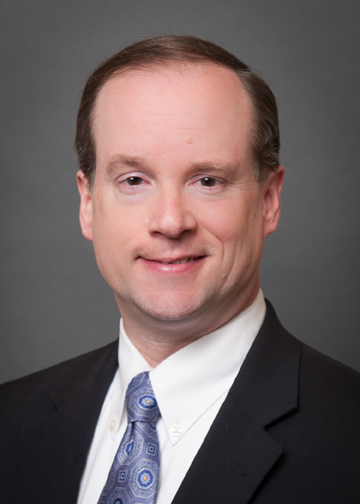If Republicans have been attempting to suppress the vote in North Carolina, they must be the most incompetent tyrants in modern American history.
On March 15, some 2.3 million North Carolinians cast ballots in the Democratic, Republican, and Libertarian primaries for president, governor, U.S. Senate, and other offices. That comes to about 36 percent of all registered voters. The turnout rate was similar to the 37 percent who voted in the 2008 presidential primaries and the 35 percent who voted in the 2012 primaries. During the 1990s and early 2000s, presidential primary turnouts in North Carolina ranged from 16 percent to 31 percent.
This year’s primaries were the first to be held under a set of new election rules that included both a more compact early-voting schedule and a requirement that voters either show a photo ID or sign an affidavit attesting to one of several specified exceptions. It was also the first time in decades that North Carolina held its primaries earlier than May.
None of these changes appears to have had a substantial effect on turnout. None suppressed the vote. Under the new early voting rules, North Carolinians may have fewer days to cast ballots but there are also more early-voting sites and more hours in each day to vote. The truth is that there has never been a strong empirical relationship between early voting and voter participation. Some states with early voting have seen substantial gains in turnout. But states without early voting have seen comparable gains.
As it happens, this year’s primaries have demonstrated precisely why North Carolina’s new policy is better than its old one. In many states, voters have cast ballots weeks early for presidential candidates who then dropped out of the race before Election Day. These voters might well have chosen to vote for a different candidate, which in some cases would have resulted in a different winner and delegate allocation.
Early voting is a convenience, certainly, but it also prevents voters from reacting to late-breaking developments in a campaign. It’s probably wise for states to strike a balance, to offer a relatively short early-voting period but one in which there are many sites and long hours. That’s what North Carolina has done.
It should be noted that two other election-law changes from 2013 — getting rid of same-day registration during early voting and limiting out-of-precinct voting on Election Day — were not in force this year because of a federal injunction. But these provisions were in force in 2014. Again, they didn’t have a notable effect on voter participation. Indeed, getting rid of out-of-precinct voting, while causing some inconvenience for voters who show up at the wrong precinct late the day, will otherwise increase voter participation in district-level elections, because they’ll have the proper ballots for their precincts.
According to early reports, about 40,000 North Carolinians cast provisional ballots in this year’s primaries. In a quarter of the cases, they claimed to be registered voters but there seemed to be no registration record for them. In other cases, registered Democrats attempted to vote in the GOP presidential primary, or vice versa. Obviously, many of the provisional ballots won’t be counted.
Was the new voter ID requirement responsible for a significant percentage of these provisional ballots? No. Approximately 2,400 North Carolinians voted provisionally because of problems with ID compliance. That’s about one-tenth of one percent of all the voters who showed up.
By all means, the state should continue good-faith efforts to assist those who lack acceptable IDs. If that means straightening out preexisting problems with birth certificates or other paperwork, fine. Those without valid identification lack access to many other institutions and services. Addressing such problems will benefit them greatly.
As to the larger issue, I’m sure that the Left will continue to allege “voter suppression.” It fits their preferred narrative and advances their preferred political agenda. But it doesn’t comport with the facts. Voter turnout after the 2013 enactment of North Carolina’s election reforms has been at or above previous levels.
John Locke Foundation chairman John Hood is the author of Catalyst: Jim Martin and the Rise of North Carolina Republicans.


